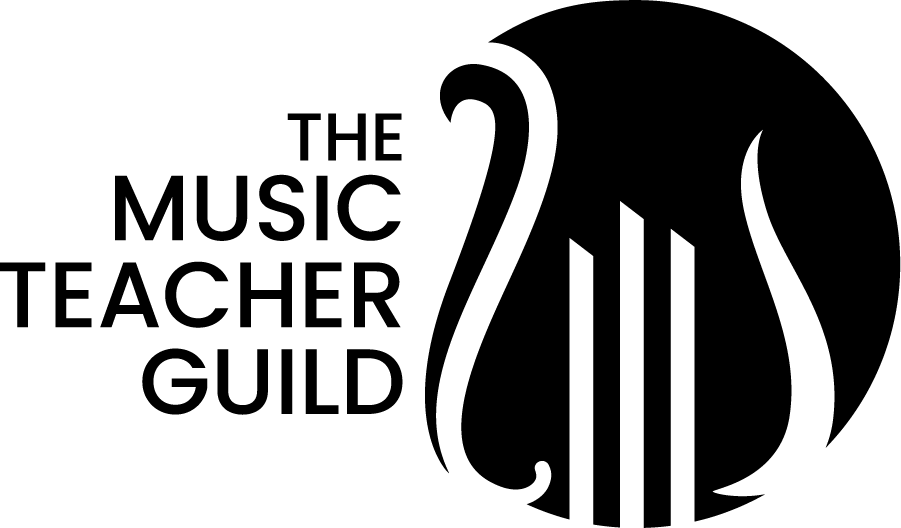Navigating Regional Music Education Networks: Benefits and Opportunities
Music education thrives on collaboration, and regional networks offer an invaluable platform for educators to connect, share, and grow. Whether it’s through resource sharing, professional development, or joint initiatives, these networks empower music teachers to elevate their teaching practices and create lasting impacts on their students. In this post, we’ll explore the benefits of regional music education networks and how they can transform your career.
The Benefits of Regional Music Education Networks
Regional networks bring music educators together, creating a supportive community that fosters growth and collaboration. Key benefits include:
1. Resource Sharing
Gain access to shared teaching materials, lesson plans, and curriculum ideas tailored to local needs.
Discover funding opportunities for regional events, new instruments, or professional development programs.
2. Collaboration Opportunities
Partner with fellow educators to host joint events like concerts, ensemble performances, and festivals.
Organize student workshops or competitions that inspire and challenge young musicians.
3. Professional Growth
Learn from peers through mentorship programs or knowledge-sharing sessions.
Stay updated on best practices and innovations in music education by attending regional meetings or conferences.
By joining a regional network, music educators can expand their toolkit while building relationships with like-minded professionals.
Exploring Regional Events and Initiatives
Regional networks often organize impactful events that benefit educators and students alike. Here are some examples:
1. Music Festivals
Collaborate with schools in your area to organize festivals showcasing student talent.
Use these events as an opportunity for students to learn from each other and gain performance experience.
2. Professional Development Workshops
Attend hands-on workshops focused on topics like teaching techniques, music technology, or repertoire selection.
Gain insights from guest speakers or experienced educators within your network.
3. Community Outreach Programs
Partner with local organizations to bring music to underserved communities.
Create opportunities for students to perform in public spaces, such as libraries or parks.
These events strengthen ties between educators, students, and the broader community, showcasing the value of music education.
Building Connections Through Regional Networks
Ready to dive into regional networking? Here are some tips to help you get started:
1. Join a Regional Network
Look for local music education associations or chapters of national organizations like NAfME.
Explore online directories or forums to find networks in your area.
2. Get Involved
Attend meetings, workshops, or events to meet fellow educators and build relationships.
Volunteer to help organize events or share your expertise with the network.
3. Leverage Online Platforms
Use social media groups or professional networking sites like LinkedIn to stay connected.
Participate in online discussions to share ideas and learn from others in your field.
The more you engage with your network, the more value you’ll gain from the connections you make.
The Long-Term Impact of Regional Networking
Improved Teaching Practices
Exposure to diverse teaching methods and approaches broadens your perspective and helps you refine your craft.
Enhanced Collaboration
Collaboration through regional networks leads to creative projects and shared successes that would be difficult to achieve alone.
Inspiring Success Stories
Many educators credit regional networking for their career advancements. For instance, one music teacher joined a local network, partnered with colleagues on a successful festival, and eventually became a leader in their regional organization.
Conclusion
Regional music education networks are more than just professional communities—they’re a catalyst for growth, collaboration, and innovation. By joining a network, you’ll gain access to invaluable resources, expand your teaching capabilities, and build lasting relationships with fellow educators.
Take the first step today: find a regional network near you, attend an event, or connect with other educators online. Together, we can create a vibrant, supportive community for music education!

